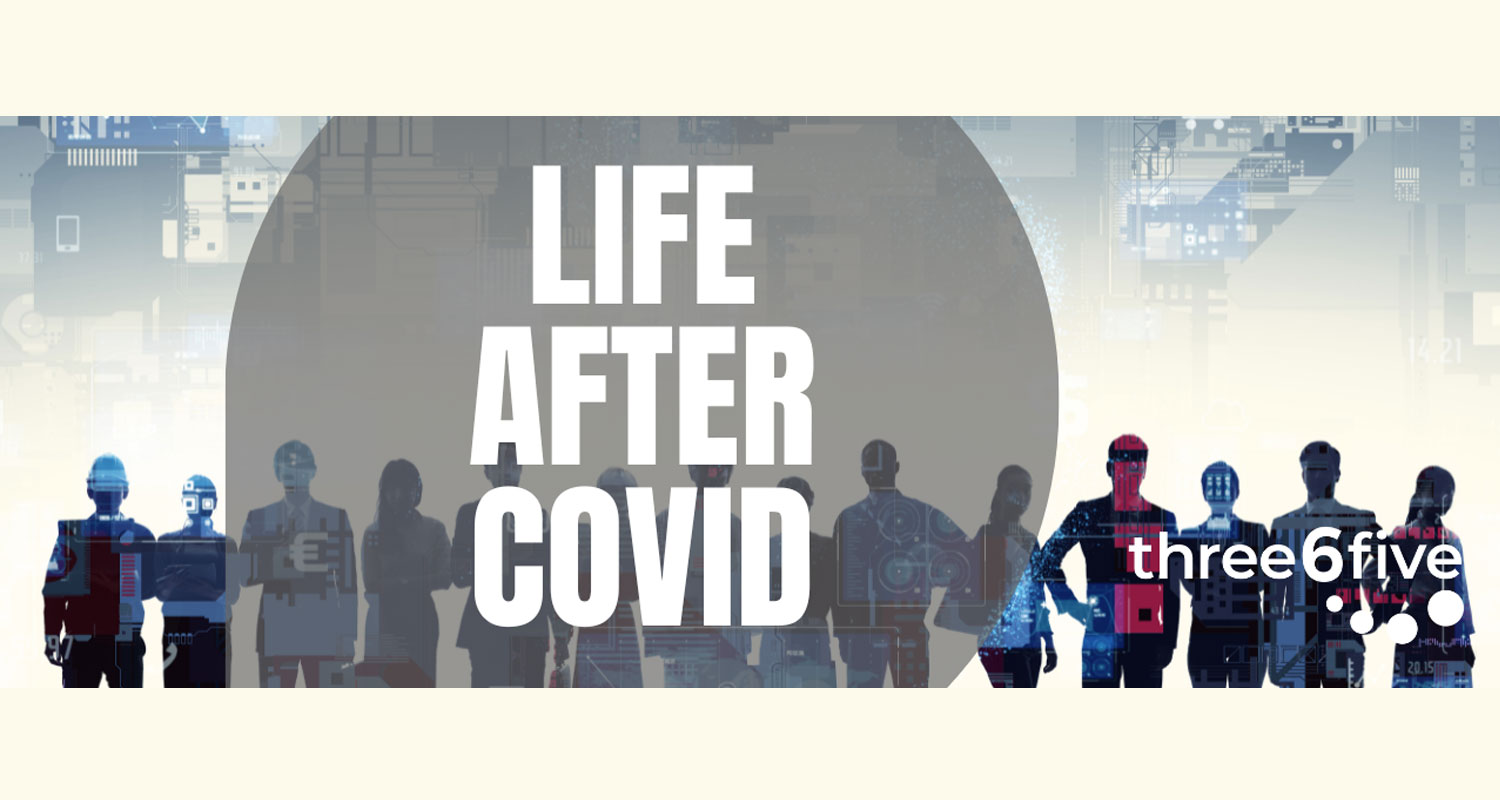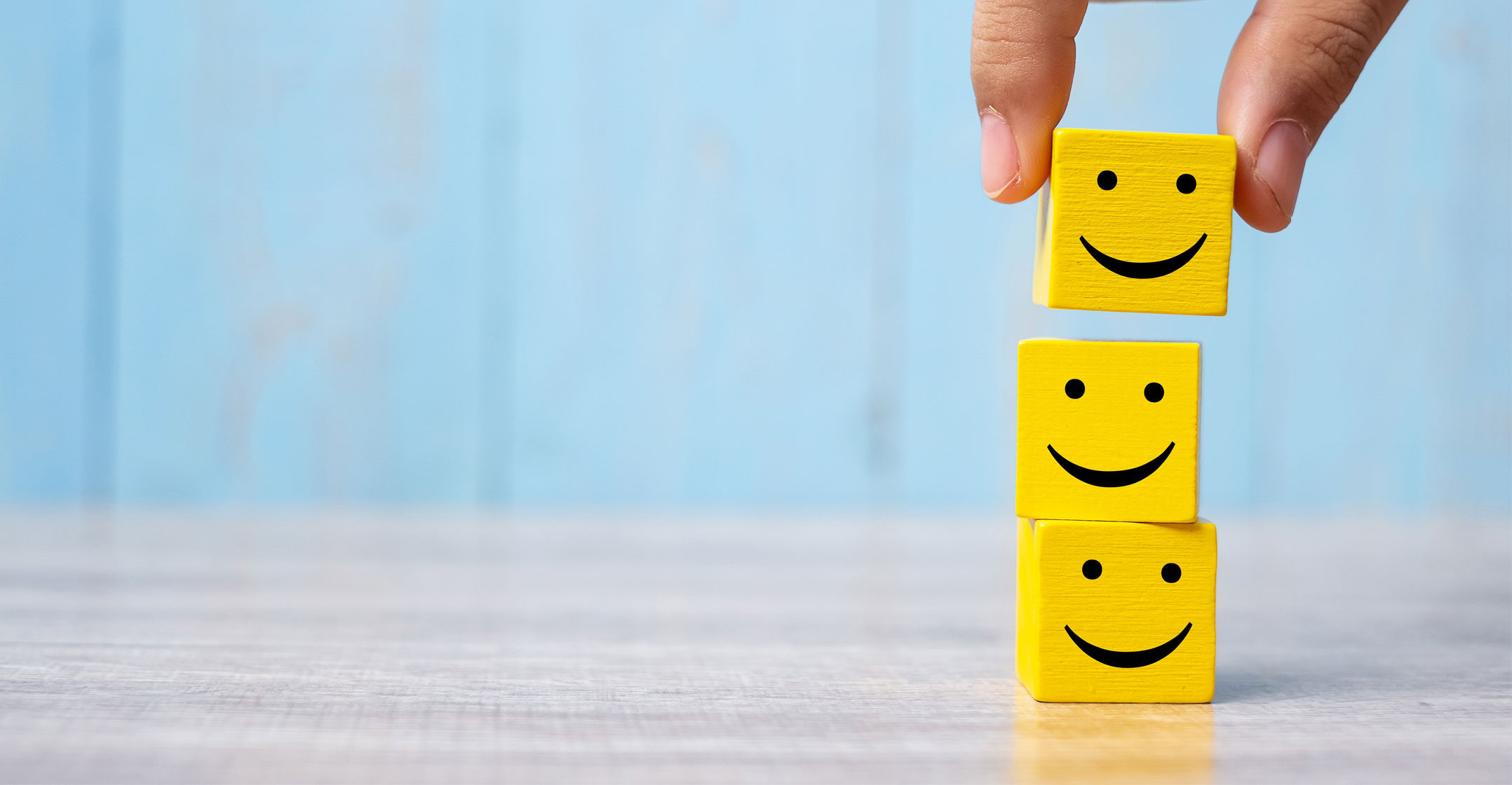 The start of the pandemic was a strange and uncertain time. We locked ourselves at home to avoid a new scary virus. It wasn’t all bad, though. Our morning commute went from hours in traffic to 20 steps to the living room. Family time increased, which consisted of Zoom calls and becoming professional banana-bread bakers. It was challenging, but we adapted to the new normal. However, there were significant downsides to the pandemic, which are still evident.
The start of the pandemic was a strange and uncertain time. We locked ourselves at home to avoid a new scary virus. It wasn’t all bad, though. Our morning commute went from hours in traffic to 20 steps to the living room. Family time increased, which consisted of Zoom calls and becoming professional banana-bread bakers. It was challenging, but we adapted to the new normal. However, there were significant downsides to the pandemic, which are still evident.
Anxiety and depression increased by a staggering 25% globally during the first year of Covid, and it feels like the whole world is suffering from post-traumatic stress disorder.
We’ve been forever changed as a society due to the loss so many people suffered, and while many people want things to return to “normal”, we need to accept that things will never be the same again.
Covid created a new normal of being always on and always available, but this is unsustainable and taking a toll on our already fragile mental and emotional health. But with the right tools and a different mindset, we can turn things around.
Why an always-on culture is not sustainable
The pandemic affected everyone in different ways. Some people lost their jobs, some lost loved ones, and others are living with “long Covid”. Those who lost loved ones carry the trauma every day, and those who didn’t may carry guilt that they got off “lightly”.
Although leaving the house is easier now, there is still the worry at the back of our minds that we might expose ourselves or our loved ones to Covid by performing daily tasks.
Businesses were also affected in different ways. Some were forced to close for long periods, which created large financial burdens. Others shut down for good. And other businesses that kept running because they could work remotely might feel “lucky” that they weren’t hit as hard as others.
Three6five was one of those companies. Hard lockdowns and office health and safety restrictions had little impact on our business because we were ready to set up to work remotely. Our teams could work effectively from home, and many of them threw themselves into their work, going above and beyond, working countless hours, and sacrificing family and personal time to show appreciation for their “luck”.
We never meant to create this always-on work culture. It wasn’t driven from the top or mandated in any way. It happened because we wanted to prove ourselves working remotely and never set and stuck to boundaries from the beginning.
When the tide started going out on Covid in late 2021, the true effects of being always on and always available became clear: our team was tired. They were burnt out from a prolonged period of intense overworking, which had become routine for many of them. But it’s not sustainable — for our people or our business.
Overcoming this “new normal” has proved challenging. But it’s not just our business that’s struggling. Many companies are seeing how this new way of working has affected their operations and their employees’ mental health. There are new trends in the workplace, like the “Great Resignation” and “quiet quitting”, as more people realise that it’s not worth sacrificing their health, happiness and sanity for their jobs.
Consciously shaping the new normal
The idea behind remote and hybrid work was to help people find a good balance between work and life. But because it was implemented due to Covid, it led to a global culture of all work and an immense mental toll. One way we’re trying to turn things around in our business is by putting mental health at the top of our list of priorities and recognising how we can support our employees.
Even though ours is still a 24/7 business, our team is not working permanently. They’re still committed to our clients’ success, but they’re equally committed to family time, health and wellness, and shutting down at a reasonable hour. If a client needs us at 2am, the team is ready to help, but they’re not sitting around, working, waiting for the call. They’re doing what they need for their mental health.
 We’re also trying to get our team to talk more about mental health, which many people previously considered to be a taboo subject. We’ve provided tools to take care of their mental health and offer counselling to those who need or want it. This can make society as a whole healthier, especially if employees teach their families and children how to use these tools.
We’re also trying to get our team to talk more about mental health, which many people previously considered to be a taboo subject. We’ve provided tools to take care of their mental health and offer counselling to those who need or want it. This can make society as a whole healthier, especially if employees teach their families and children how to use these tools.
It’s a conscious effort, but it’s making our company more kind and helping us see each other not just as “employee number X” but as people with hobbies, families and geysers that burst.
This mindset shift is still a work in progress, but we’re already seeing a difference in the happiness and health of our team. They’re doing more of what brings them joy. In turn, this makes them more productive and motivated. It’s nothing new to know that happy employees are more productive. This improves the quality of output and the company’s performance and results. Studies have shown this, but we’re not doing this just for our team’s happiness but for their wellness as well.
Knock-on effects for a healthier society
It’s a way for us to expand our sense of social responsibility. Yes, Covid has created this new normal, but businesses can influence how employees manage and cope with the change and help employees to focus on their mental health. Understanding the pandemic’s aftereffects on employees allows us to take steps to build supportive working environments that benefit the entire population.
As we enter the next — and hopefully final — phase of the pandemic, we need to keep talking about mental health. Businesses should embrace hybrid working and trust their employees to manage their time and output as they accept that things will never return to normal.
And finally, since everyone has some level of PTSD, we should follow the advice of mental health professionals on how to heal: be patient with yourself and others, talk about it, spend time with loved ones, exercise, rest, meditate, and get professional help if you need it.
For more about three6five, visit www.three6five.com.
- This promoted content was paid for by the party concerned




